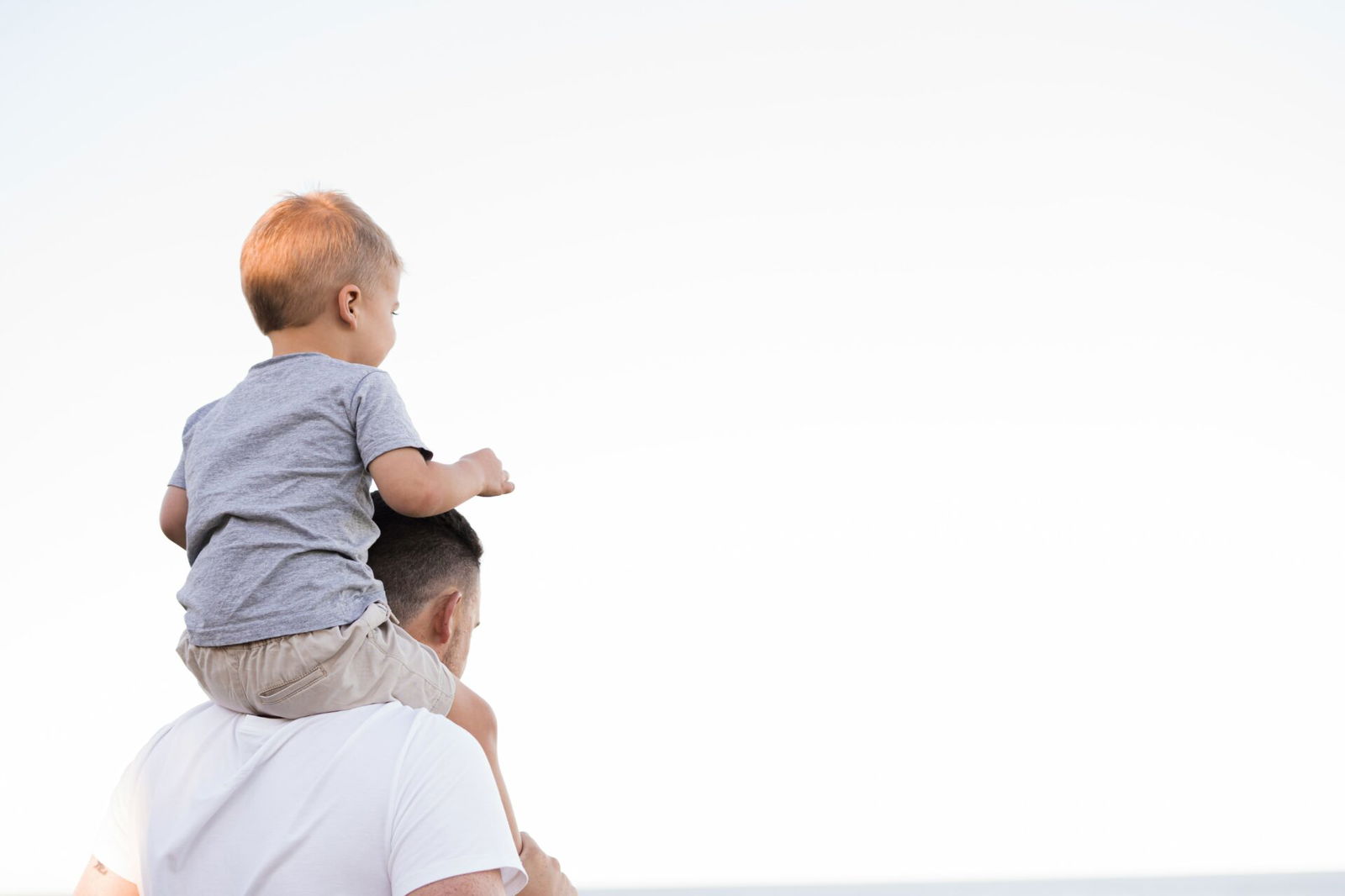
Parents, Feeling Stressed? You’re Not Alone
By Movieguide® Contributor
U.S. Surgeon General Dr. Vivek Murthy is shedding light on the dangerously high levels of stress many parents are facing today.
“The stresses parents and caregivers have today are being passed to children in direct and indirect ways, impacting families and communities across America,” Murthy said in a recently issued advisory.
He cited statistics that found “41 percent of parents say they are so stressed most days they can’t function, and 48 percent say their stress is completely overwhelming compared to other adults.”
“The work of raising a child is work, no less valuable than the work performed in a paid job and of an extraordinary value when it comes to the impact on the future of society,” Murthy said. “Raising children is sacred work. It should matter to all of us, and the health and well-being of those who are caring for our children should matter to us as well.”
There are many components to these rising stress levels, but the main one most experts are pointing to is social media.
Fox News senior medical analyst Dr. Marc Siegel shared a conversation he had with Murthy, saying, “[He]’s looked at loneliness, he’s looked at the impact of social media and isolation on teens…he talked to me about unconditional love being the thing that kids look for as their safety net. But that takes a lot out of parents. Parents are worrying about their kids on social media all the time.”
Movieguide® previously reported on the effects social media is having on young people:
Last week, Surgeon General Dr. Vivek Murthy suggested that the mental health crisis of teens could be curbed by putting “warning labels” on social media — a quick effort to ease adolescent health issues that could be done without having “perfect information.”
While this may be true, experts say an adolescent mental health crisis is not definite.
“Even among experts, questions remain about the exact role that social media plays in the mental health of children and teens,” CNN Health reported on June 24. “Authors of a sweeping new review of research into social media and mental health say there’s still key information missing to know whether prevention programs and interventions will work.”
Murthy believes warning labels would “regularly remind parents and adolescents that social media has not been proved safe.”
“One of the most important lessons I learned in medical school was that in an emergency, you don’t have the luxury to wait for perfect information. You assess the available facts, you use your best judgment, and you act quickly,” Murthy wrote in his essay. “The mental health crisis among young people is an emergency — and social media has emerged as an important contributor.”
Others have pointed out that parents’ presence on social media can be just as damaging.
“That’s the poison. That’s pure poison. Comparing to anyone, whether or not you’re a parent or have children, is toxic,” Julie Romanowski, a Vancouver-based parenting coach and consultant, told CBC. “Social media is not helping that. It has tanked so many parents’ mental health.”
“We all want the same thing,” Siegel emphasized. “We want our children to grow up happy, supported, and loved by us, but ultimately to be independent human beings who don’t depend on us. And we don’t know if the experiment works until we reach the finish line, which is where the anxiety is coming from.”
Questions or comments? Please write to us here.


 - Content:
- Content: 

